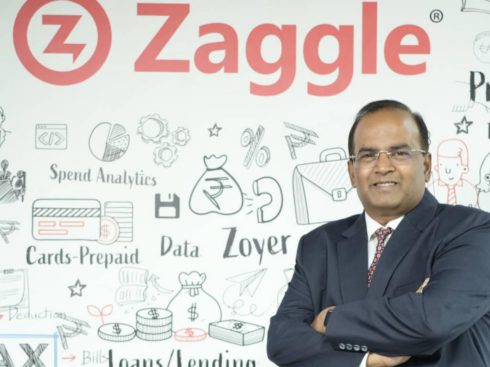
Fintech has become a buzzword today, and lots of investors are happy to invest in startups which promise to disrupt the traditional banking industry. Lots of entrepreneurs want to get into space as well because it’s hot. After all, the great thing about handling money is that any time money flows through your channel, some of it sticks to you. This means that even if you get a very, very small percentage of the financial transactions you process, you’re going to become rich without having to do much work. It’s because it’s such a lucrative domain, that it attracts so much hype.
Traditional banks use outdated processes, which are expensive and time-consuming. They rarely create customer delight, even though they charge so much. They are ripe for disruption, which is why so many fintech companies are now challenging the incumbents. However, I feel most of these startups are going to fail.
The Clone Syndrome
For one thing, they seem to be clones of one another. All these entrepreneurs have similar ideas, and their business plans seem to be copycat “me-too” models of what has worked in the US. My worry is that the technology play will become a commodity and that the player with the deepest pockets will wipe out everyone else.
While tech can offer a competitive edge, it’s not an edge which lasts for very long. In a few years, the banks will adopt exactly the same technology which means there really is no competitive moat these startups are being able to create. Sure, they will burn money in order to acquire customers, but how will they retain them?
Typically, the startups will be the early experimenters. They will bear the pain of losses and setbacks, and the banks will learn from their failures. They will watch how the market evolves, and will then step in and adopt mature technology which is likely to be far more robust and stable because the startups have ironed out the kinks in it.
Banks are aware that their processes are broken, and they are not going to be caught napping. They are willing to use SMAC (Social, Mobility, Analytics, and Cloud) to help them become more efficient. Because banks have such deep pockets, once they invest in this technology they will be able to steal a march very quickly over the startups whose advantage will evaporate very quickly.
How Startups Could Be Taken Over By Banks
Yes, it’s true that it can be hard for banks to adopt new technology. After all, the trouble with the corporate world is that it moves slowly because it’s weighed down by bureaucracy. However, once the CEO decides that tech is going be a core part of their DNA, they will be able to reinvent themselves remarkably quickly. We are already seeing this with a lot of large financial behemoths, including HDFC Bank and JP Morgan.
Lots of banks are happy to use startups as guinea pigs. They will use them to iron out the kinks; and reduce their risk by running pilots with them, to see how well they can deploy technology to improve their efficiency. Other banks have set up venture funds, in order to invest in these startups, so they can partner with them. It’s naïve to think of it as a competitive relationship – it’s far more likely to be a complementary one. The problem is that it’s one of unequals, and banks have a head start. They already have existing customers; a formidable balance sheet; the banking licenses they need to comply with governmental regulations, which means that they have the huge advantage of having the lowest cost of raising money; as well as a network of real world branches all over the country.
This means it’s remarkably easy for them to add digital technology to this powerful mix, once they decide to do so. For example, the India Stack is readily available, and can be used by all players in the financial ecosystem. This is the beauty of mature technology – it is extremely easy to adopt.
Startups are at a huge disadvantage. It’s all very well to talk about digital banking, but they do need some kind of a real-world presence, and it’s much more expensive to set this up. This is why I feel that banks will continue to remain ahead of the curve, if they’re willing to reinvent themselves. They are feeling threatened, and while they may take time to respond, we will find that the “first mover advantage” which these fintech startups keep on talking about, is highly over-rated. It’s much more likely that the banks will learn from these startups, so they remain as the last-standing players.
In Conclusion
Just like startups have the benefit of being nimble and agile, forward-thinking banks also have the ability to reinvent themselves. The better ones will adopt the technology, and this is easier for them to do, as compared to the ability of fintech startups to replicate the bank’s licenses, the real-world network of branches, and existing customer base. The banks have a head-start, and it will be hard for fintech to catch up unless they focus on a well-defined niche which banks are happy to ignore, because it is not presently part of their core competence. I think rather than try to disrupt banks (which can be a painful process for everyone), banks and startups would be much better off if they learned to collaborate. If they both played to their strengths, it’s their customers who would benefit the most!
I agree it’s hard to predict the future, and there will be lots of twists and turns in the tale. Yes, a lot of traditional banks will fold, because they will not be able to adapt. Their management is still stuck in the past, and does not have the courage to cannibalise their own business and lay off employees who will become redundant because of the new technology. However, this does not mean that all the banks are not going to roll over and die – and this ongoing tussle is what creative destruction is all about.
[This post by Dr. Aniruddha Malpani first appeared on LinkedIn and has been reproduced with permission.]


























